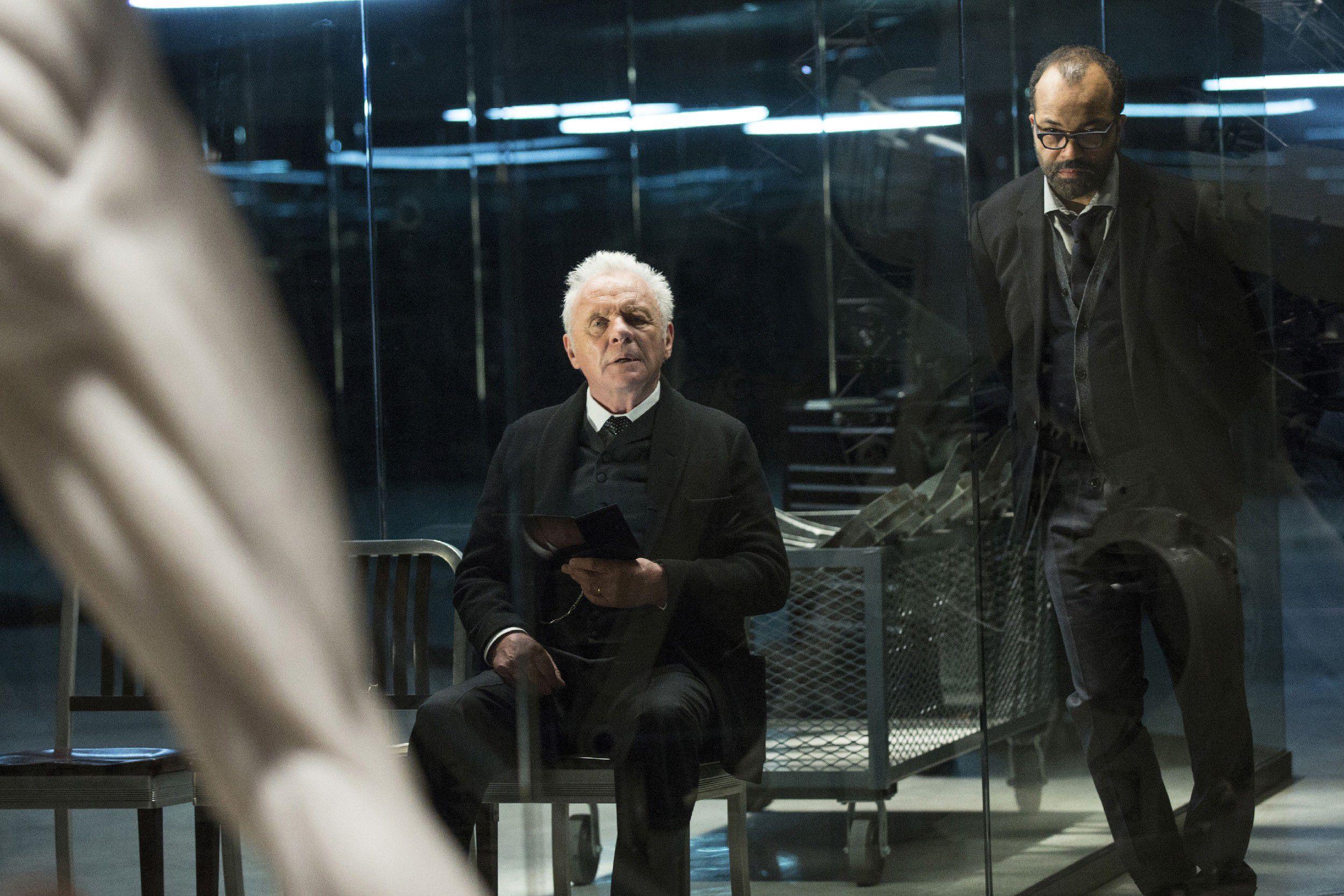The best thing about the Westworld pilot is that you’ll never feel tempted to check your watch.
That may read like the ultimate example of damning with faint praise, but it’s a more significant accomplishment than it sounds. It means that, from the very start, Westworld overcomes the biggest obstacle facing an ambitious cable drama in the time of Peak TV: Westworld actually earns its running time rather than struggling to fill it.
I’ve lost count of how many hourlong — literally an hour long — shows I’ve lost patience with, or how many times I’ve thanked the TV gods for concentrated doses of excellence like Atlanta, You’re the Worst, or Transparent. And while it’s true that 22-minute episodes offer higher density and a lower barrier to entry, it doesn’t mean the supersized epic is impossible to pull off — just that it’s harder than simply declaring oneself a Major Event and asking viewers to agree. But creators Jonathan Nolan and Lisa Joy demonstrate they’re willing to work hard enough, and dream big enough, to get our attention.
Ironically, Westworld opens with a marvel of brevity and efficiency, a tight 15-minute vignette that neatly lays out a detailed setup and the broader questions the show wants to explore. It’s a day in the life of Dolores (Evan Rachel Wood), an optimistic rancher’s daughter with a yen for painting and an itinerant beau (James Marsden). She’s a denizen of the Old West, with a cheery twang and a dusty, Deadwood-esque hometown to match.
Or at least that’s what she believes, in her naive, earnest way: In reality, she’s a "Host" at the titular theme park, a synthetic being — "robot" feels too crude for something that bleeds — "built to gratify the desires of the people who pay to visit your world," as the park’s head of programming puts it. Dolores’s daily motions play out in parallel with her interview with the programmer, played by Jeffrey Wright, at Westworld’s science-fiction home base. She won’t remember the interview in the morning, nor the trauma she experiences at the hands of a visitor. (We see the gut-churning effect of said trauma on her body in the series’ opening shot.) The details gradually add up to a full life — even as we learn that life is a lie.

There’s plenty more exposition to be done, of course. We haven’t met the park’s mysterious director yet, or the chilly emissary of the park’s even more mysterious corporate overlords. We haven’t even heard about the challenge to the park’s delicate status quo that kicks off the events of the series, an ill-conceived software update that gives the Hosts their first inkling of memory. But the opener sets the tone. It’s got weighty, weird questions that actually merit 10 hours to explore: Do we own the things we create, or do we owe them? At what point does the appearance of consciousness and all that comes with it — feelings, memories — become actual consciousness? And the show has the sense of pacing, grandeur, and, yes, spectacle to dig into those questions without becoming a total drag.
Westworld is big. For one thing, it’s a mongrel of two very different genres, each with its own history and batch of tropes to mess with. There’s the Western, with its gory gunfights, splashy one-liners, and eye-popping scenery porn; and there’s the AI drama, with its space-age set design, philosophical bent, and lingering undercurrent of horror. That’s a lot of toys to play with, and Westworld puts them in the hands of a massive cast that isn’t even fully introduced in Sunday’s near-70-minute premiere. The ensemble is tripartite, drawn equally from the park’s 2,000 Hosts, its 1,400 visitors, and the puppet masters choreographing the whole thing. It might threaten to sprawl, and yet Westworld reminds us its setting is also oddly compact: Anthony Hopkins’s park director offhandedly mentions living in a future when humans have cured all disease, but we’ll never get to see it because this show never leaves the park. It’s a Game of Thrones scope in an Orange Is the New Black bubble, with a mess of classic sci-fi heritage tossed in.
Westworld takes the classic robot-creator conflict and flips it. Yes, there’s a knowing line about how all children rebel eventually from the park’s paranoid head of security, who in a Clint Eastwood movie might be the masculine hero we should’ve listened to when we had the chance, dammit. But Westworld is really the story of children waking up to the terrors their parents have inflicted on them and willingly exposed them to. If Dolores goes homicidal after she remembers the things a cosplaying cowboy paid $40,000 a day to do to her, she’d be right to do it.
With so many characters to serve and influences to pay homage to, Westworld could risk melting into a jumble, a shallow pool of aesthetic gestures that don’t add up to much beyond "I love Isaac Asimov and I have the HBO money to prove it." That’s the flip side of this show’s admirable ambition, which took several years and postponed release dates to make a reality. But the premiere indicates Westworld intends to do something with its DNA.
Disclosure: HBO is an initial investor in The Ringer.